Freedom is what you do with what's been done to you
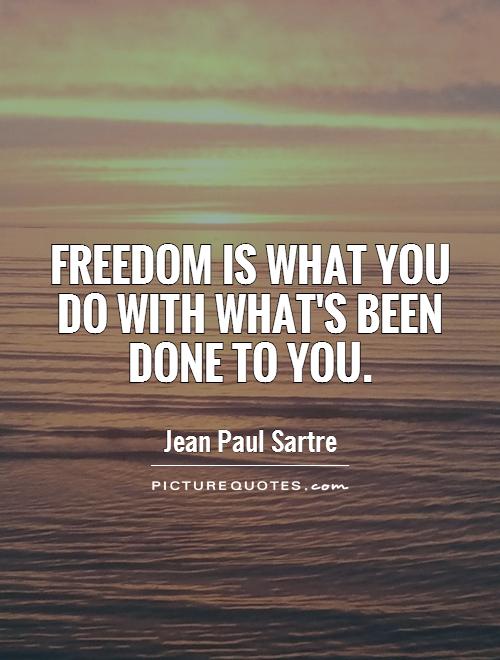
Freedom is what you do with what's been done to you
Jean-Paul Sartre, a prominent existentialist philosopher, once famously said, “Freedom is what you do with what's been done to you.” This statement encapsulates the essence of existentialism and the idea that individuals have the power to shape their own lives and determine their own destinies, regardless of the circumstances they may find themselves in.Sartre believed that human beings are fundamentally free, and that this freedom comes with a great responsibility. He argued that we are not defined by our past or our circumstances, but rather by the choices we make in response to them. In other words, we have the power to transcend our limitations and create our own meaning and purpose in life.
This idea is particularly relevant in the context of personal growth and self-actualization. Many people have experienced trauma, adversity, or hardship in their lives that may have shaped their beliefs, attitudes, and behaviors. However, Sartre’s words remind us that we are not bound by these experiences, but rather have the freedom to choose how we respond to them.
For example, someone who has experienced abuse or neglect as a child may feel powerless and victimized by their past. However, Sartre would argue that this person still has the freedom to choose how they will move forward and create a new future for themselves. They can choose to seek therapy, cultivate healthy relationships, and engage in self-care practices that promote healing and growth.
Similarly, someone who has faced discrimination or oppression based on their race, gender, or sexual orientation can still exercise their freedom by advocating for social justice, challenging oppressive systems, and creating spaces where they can thrive and be their authentic selves.
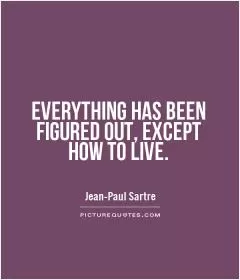
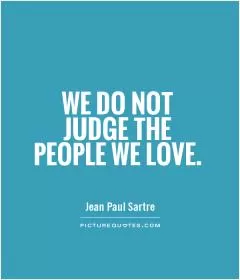
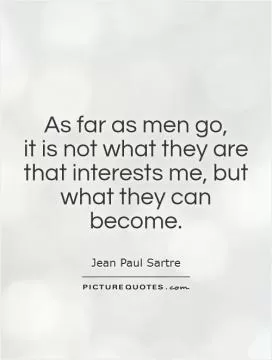

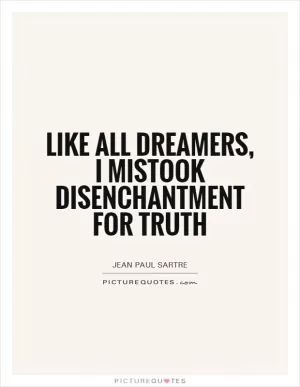
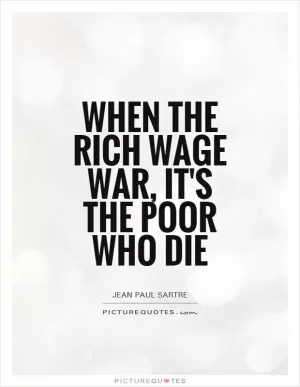

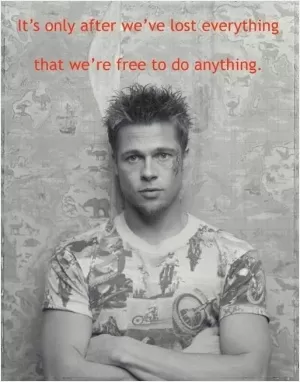
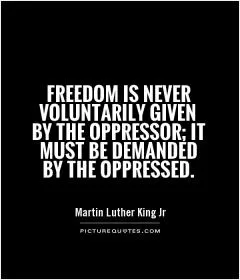
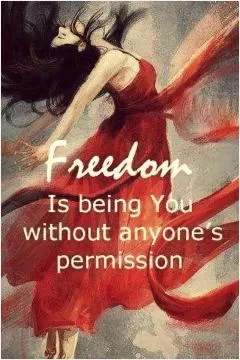

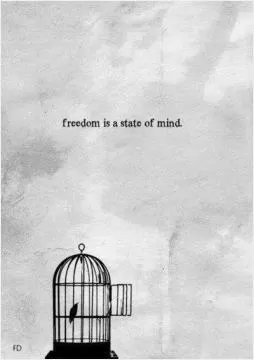
 Friendship Quotes
Friendship Quotes Love Quotes
Love Quotes Life Quotes
Life Quotes Funny Quotes
Funny Quotes Motivational Quotes
Motivational Quotes Inspirational Quotes
Inspirational Quotes